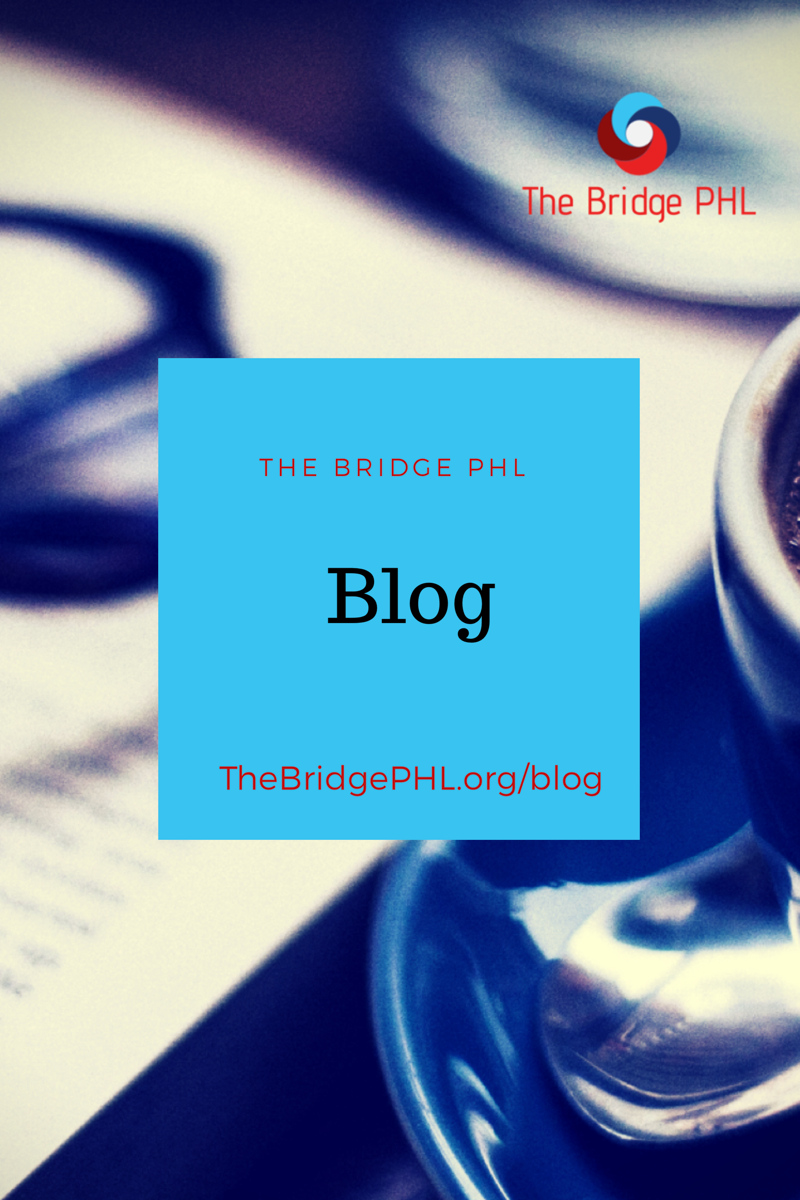|
I recently created this post for my personal Facebook page, but I want to share these thoughts here as well. I'm almost afraid to post about how horrifying, how devastating, how thoroughly infuriating “When They See Us”, director Ava DuVernay’s new Netflix mini-series, truly is. I'm afraid because I fear some of my white friends and family will read my comments and decide to put off watching it, or maybe not really ever get around to watching it, because a) we already know the story and don't feel the need to see it dramatized, b) it's a difficult time in our life right now and we can't consume traumatic stuff, c) we’re waiting for some free time maybe later on when we can just watch it all at once, d) witnessing this kind of injustice makes us too mad/distraught/miserable to function, e) any number of other reasons. But this is the thing: That is saying that white discomfort and inconvenience is more intolerable to us than facing the continued hideous effects of racism and white supremacy on black and brown human beings. If we white people can’t even manage to bear witness, to watch and read and listen to the personal and detailed stories of how black and brown people are abused and terrorized by their own country, the country we share with them, if we can’t stand the burn of really understanding the unconscionably evil truths about our racist systems and lack of justice or accountability, then we will never be motivated to truly fight against it. And then it will never change. And we nice white people will have been utterly complicit, as many before us have been. Because it wasn’t happening to us, so we never got around to letting it change us into people who are mad enough to make it stop. I know we are better than that, at least I pray that we are. I still hold hope. Some black people cannot bear to watch this film, but their reasons are different that white people choosing not to watch it. The realities of the injustices against their own black lives are reflected in these heartbreaking stories. Will we listen? Will we watch? Will we act? Please, white friends, watch “When They See Us”. And then let’s talk about it and what we’re going to do about it. Gabrielle Corsaro Co-Founder/Co-Artistic Director, The Bridge PHL Theatre Festival
A native of Philadelphia, Gabrielle spent several years studying and working as an actor in New York. It was both wonderful and frustrating on a daily basis. Parenthood brought her back home, and gradually Gabrielle began writing and directing. She founded AngelPirate Productions in 2005 which evolved from a desire to serve the Philadelphia community by developing and producing original performance pieces by local artists which amplify voices historically underheard. In 2015 Gabrielle co-founded The Bridge PHL Theatre Festival with Hannah MacLeod, Meryl Lynn Brown, and Kathy Harmer to foster healing connections between our diverse communities through powerful acts of theatre. #BuildTheBridgePHL
1 Comment
By Carla Ezell Being a success is often mistaken for being rich, beautiful, heavy laden with opportunities, meeting goals or other outward, results driven criteria. But I have found that success is not measured in physical accomplishments. It is best measured by inner growth. Success is a state of mind, not a state of being and definitely, not a bank statement. It is owning who you are, accepting yourself in every way and learning to love yourself even while you work on your growth points. To that end, there are clear indicators by which we can define our level of success that have nothing to do with how many items we can mark off our To Do lists and Goal Calendars. While the definition of success is a positive result outcome, the measurement of it is not quite so black and white. If you are looking for tangible triumphs, perhaps you are looking for the wrong things. Success is an inside job that is reflected in outward results. Below are five measurements by which we can determine our level of success.
Bringing it all together: measuring success is an inside job. It's personal and different for everyone. It is not so much goal oriented as it is health oriented. “Success is liking yourself, liking what you’re doing and liking how you do it”. Maya Angelou 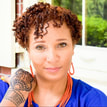 Carla is a performer, playwrite, director, blogger and entrepreneur from Burlington County, New Jersey. She joined The Bridge PHL's team in 2017, and has worked behind the scenes in everything from web design to photography to social media management. Her background in Psychology, Social Sciences and nearly two decades experience in Business Administration, Christian Ministries, and Worship Arts, gives Carla a unique perspective that has helped further The Bridge PHL's mission and opens dialogues on self-love, women's empowerment, racial equality and the power of black girl magic. Check out her blog and the entire Living With Purpose series here. By Carla Helené Ezell They are doing all kinds of construction in my town. They are putting in new cobblestone corners on all the sidewalks, updating the fountain in the center of town and installing new crosswalks on the main streets, all in an effort to beautify the city. Wonderful. While that's great and all, there are things that, in my opinion, should really be addressed first. I mean, yea, we want to live in a pretty town with flowers and trees lining each street and historical markers throughout to symbolize that we have endured the test of time and thriving. We encourage people to take care of their houses and properties to raise the value of our real estate and keep things moving forward in a positive way. But, before we address those outer appearance things that cost a grip in taxes, there are other things that should get some attention too. We have potholes in my town. Every road has potholes and broken cement and driving is ridiculous because you have to constantly swerve and pay close attention so you don't wreck your car. It's asinine. I have had blow outs from the shoddy patch work the lazy construction crews left behind. I literally blew out a tire because I hit a pot hole on one of the main streets and had to pay upward of $500 to replace the wheel (the entire mag was bent and undriveable) and the tire on car. DISGUSTING. The point is, it is great to have pretty things and look like you've got your act together on the outside but when you haven't taken care of the garbage on the inside, when you haven't done the hard work of getting healthy, you are doing yourself and everyone you come in contact with a huge disservice. Just like the regular road maintenance required to prevent cracks or repaving the street after the gas mains were all replaced, you have to do the real work of getting healthy from the inside out. If you leave cracks and holes in the streets from one end of the town to the other, instead of repaving the roads, you are merely putting band-aids over the scars on your heart. Our experiences and past hurts change us. And if we don't let those wounds truly heal, we are bringing ourselves to a place of constant pain and neglect. When we don't correct the heart issues we are plagued with but just do all this work to beautify the outer layer - we are essentially putting lipstick on a pig. And who wants to kiss a pig?  Carla is a performer, playwrite, director, blogger and entrepreneur from Burlington County, New Jersey. She joined The Bridge PHL's team in 2017, and has worked behind the scenes in everything from web design to photography to social media management. Her background in Psychology, Social Sciences and nearly two decades experience in Business Administration, Christian Ministries, and Worship Arts, gives Carla a unique perspective that has helped further The Bridge PHL's mission and opens dialogues on self-love, women's empowerment, racial equality and the power of black girl magic. Check out her blog and the entire Living With Purpose series here. By Gabrielle Corsaro The Beach. Most people love it or hate it. I thoroughly love it. Though I grew up in Philadelphia, my parents and I did not spend much time during the summers going to the beach – or “down the shore” as locals here say. Nevertheless, my affection for the sun and waves grew as I got older, and now my family and I visit Cape May, New Jersey during the summer as frequently as possible. The power of the sun, sand, and sea are a tonic for some and an affront to others. But historically there have been additional powers that have impacted beach culture and who is there, and who isn’t. It is an unpleasant realization for white beach-goers who identify as “progressive” that US beaches, like most places that have functioned as predominantly white spaces, retain the imprint of their history of being rather unfriendly to people of color and other marginalized people, and unfortunately the Jersey Shore is no exception. As US beach towns formed throughout the late 19th and early 20th centuries, segregation and exclusion were shaping every corner of our nation. Workers flooded into these new beach towns seeking to fill the many jobs created in support the growing summer tourist economies. Seaside hotels and restaurants were multiplying, and their staffs needed housing. Historically black communities in beach towns, such as the Northside in Atlantic City, New Jersey frequently formed when black workers found that they were unwelcome to live next to their white co-workers in the neighborhoods closer to their jobs. The beaches themselves also frequently became segregated, with small sections designated for black beach-goers. From the years 1900 through 1964, Missouri Avenue beach in Atlantic City (aka, Chicken Bone Beach, a moniker not created by black people) became a popular and lively destination for black locals and visitors, with entertainers such as Sammie Davis, Jr. and Sarah Vaughan occasionally stopping by. Some US beaches would not become fully desegregated until the late 1960’s. I've recently read two fantastic books on the history of the vibrant Northside city-within-a-city. “The Northside: African Americans and the Creation of Atlantic City,” by Nelson Johnson, who is also the author of “Boardwalk Empire”. This book is a thorough history of Atlantic City and the critical role black Americans played in its development and success. In “Boardwalk Empire”, chapter 3 is titled “A Plantation by the Sea”, and it addresses the lives and struggles of black Americans who came to Atlantic City seeking employment and a new home. Johnson was moved to write “The Northside” as a sequel to “Boardwalk Empire” when he realized that he could not do the subject of how race impacted the development of Atlantic City in just one chapter of a book. “The town would simply not have come to exist if it wasn’t for its black community,” Johnson said in an interview, “How do I make that clear in one chapter? This was the tail wagging the dog.” “Growing Up in the Other Atlantic City: Wash’s and The Northside,” by Turiya S. A. Raheem (nee Lillian D. Thomas) is a personal account by the author of her and her family’s life in Atlantic City from the early 20th century to the present, their business, and their community. This book has also inspired a play, “Our Side: The Other Atlantic City”, and a documentary, Our Side: The Other Atlantic City which had a screening, along with “The Sara Spencer Washington Story”, at the Scribe Video Center in West Philly earlier this year as part of their STORYVILLE documentary program. I mentioned that I vacation in Cape May, NJ. Cape May is billed as America’s first seaside resort. Established in 1761, wealthy Philadelphians and even US presidents began spending their summers there. Stephen Smith (1795-1873), one of the richest black men in America, also vacationed in Cape May. Smith was an entrepreneur and philanthropist as well as the leader of the Cape May Underground Railroad, assisting hundreds of people to travel further north . In 1846 he built his summer house (pictured below and which still stands at 645 Lafayette Street). This house was thankfully spared during Cape May’s urban renewal period of the 1960’s, and there is an active historic preservation effort to ensure that the house is restored and preserved in honor of Smith’s achievements and contributions. Unfortunately, almost all of the surrounding homes of the large African American community of that period, including the hotel Smith built next door to his home for visiting black tourists, have since been demolished. The Center for Community Arts in Cape May offers a weekly African American Walking Tour of this old neighborhood through the summer months, as well as a Underground Railroad Trolley Tour which includes stories of Harriet Tubman’s presence and work with Stephen Smith in Cape May in the early 1850’s. For many of us white folks living in the Philadelphia and South Jersey area, proximity to the Jersey beaches has meant easy access to the healing properties of summers spent in the natural beauty of sun, water, and sand; to make family traditions and memories; and to pass those traditions and memories onto our children. But our nation’s history of racism and segregation has for generations largely kept our black neighbors from feeling welcome to enjoy the beach as we have. New York Times columnist and Philadelphia native Wesley Morris discusses some of his experiences with these feelings on “Still Processing,” his podcast with his colleague at The New York Times, columnist Jenna Wortham on an episode called “We Love the Beach, We Hate the Beach”,. Learning the hidden or seldom-told stories of our national and local histories is an important part of honoring who we really are as a nation as well as individually. I encourage you to join me in this quest. Gabrielle Corsaro Co-Founder/Co-Artistic Director, The Bridge PHL Theatre Festival
A native of Philadelphia, Gabrielle spent several years studying and working as an actor in New York. It was both wonderful and frustrating on a daily basis. Parenthood brought her back home, and gradually Gabrielle began writing and directing. She founded AngelPirate Productions in 2005 which evolved from a desire to serve the Philadelphia community by developing and producing original performance pieces by local artists which amplify voices historically underheard. In 2015 Gabrielle co-founded The Bridge PHL Theatre Festival with Hannah MacLeod, Meryl Lynn Brown, and Kathy Harmer to foster healing connections between our diverse communities through powerful acts of theatre. #BuildTheBridgePHL By Gabrielle Corsaro Hi All, Gabi here! Welcome to my Bridge PHL Blog – Beyond the Pale. Visitors to our website have likely seen our Library page where we provide links to books we have been reading as inspiration and edification for our work at The Bridge PHL. Genres include American history from the black community’s perspective and experience; biographies of black Americans; social justice and urban studies dealing with racial oppression, white supremacy and white privilege; memoirs of black Americans; memoirs of white Americans dealing with their privilege and position in white supremacy; and plays and novels addressing racial disparity in America. These books reflect the very personal journey I am on to fill in the vast voids that remain in my knowledge of American history, American present, and my understanding of racism in this country. These voids are where black and brown American voices, stories, and achievements should have always been. As an American, and especially as a white American, I feel it is my responsibility to actively seek out the truth of my country instead of languishing in some kind of false nostalgia or myth, to find ways to take action against racism, and to galvanize other white people to do so as well. This blog is a mini-journal of my journey towards this mission through books, articles, blogs, and podcasts. A few words on my choice of title for this blog. Obviously, I am invoking a double entendre with the word “pale”. We use the phrase “beyond the pale” to describe something that is unacceptable, improper, unforgivable, etc. “Pale” in this context was historically a word for a sharp, pointed piece of wood, such as those used to make a fence. We still use a version of it in the verb “impale”. To be “beyond the pale” was to venture past that which is home, that which is safe, that which is familiar. It is interesting that the term for something beyond our personal experience and comfort would evolve to mean something hateful. Which leads me to the double entendre. “Pale” of course also means lighter in color. White people have overwhelmingly been the gatekeepers of what has been deemed acceptable historically in the US, and that has affected every single part of our country’s culture. It also has kept a lot out – a lot of truth, a lot of history, a lot of stories, a lot of people. The Bridge PHL is committed to dismantling that gate. Thank you for reading along. I invite you to join us in this work, and I welcome your comments. Gabi Gabrielle Corsaro Co-Founder/Co-Artistic Director, The Bridge PHL Theatre Festival
A native of Philadelphia, Gabrielle spent several years studying and working as an actor in New York. It was both wonderful and frustrating on a daily basis. Parenthood brought her back home, and gradually Gabrielle began writing and directing. She founded AngelPirate Productions in 2005 which evolved from a desire to serve the Philadelphia community by developing and producing original performance pieces by local artists which amplify voices historically underheard. In 2015 Gabrielle co-founded The Bridge PHL Theatre Festival with Hannah MacLeod, Meryl Lynn Brown, and Kathy Harmer to foster healing connections between our diverse communities through powerful acts of theatre. #BuildTheBridgePHL |
Archives
June 2019
Categories |
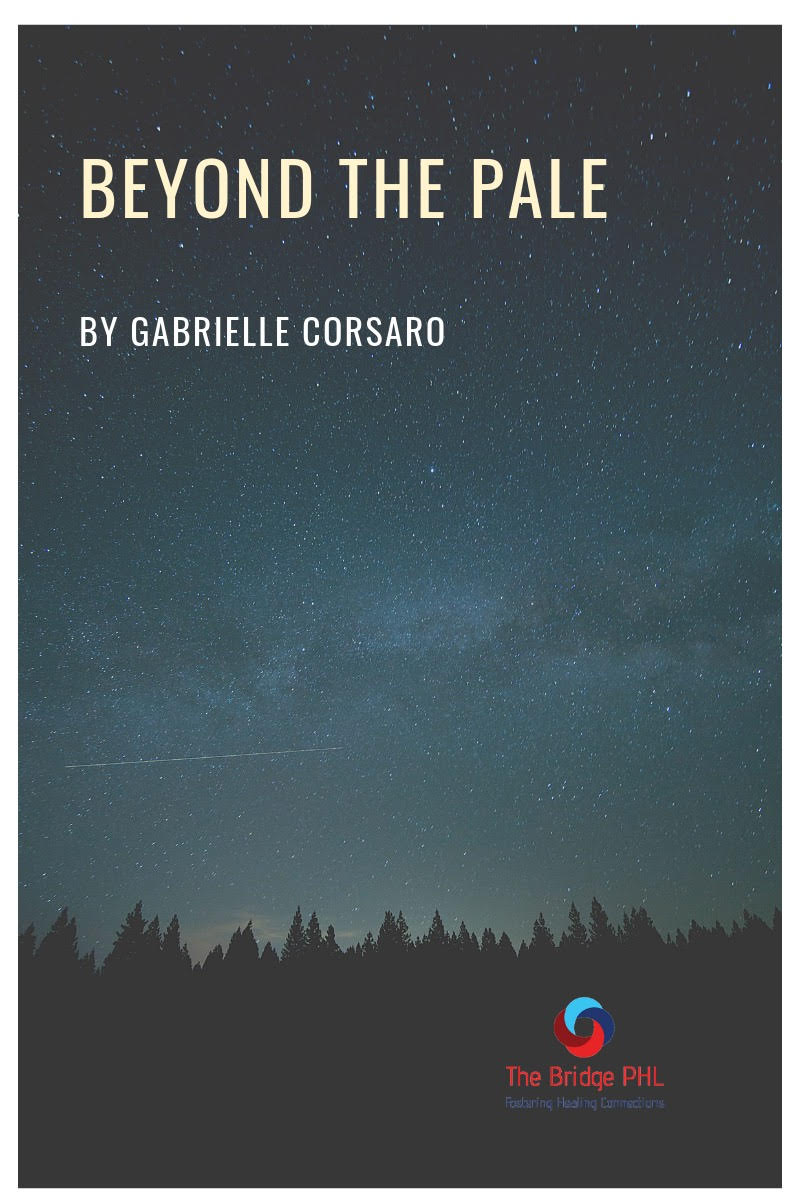
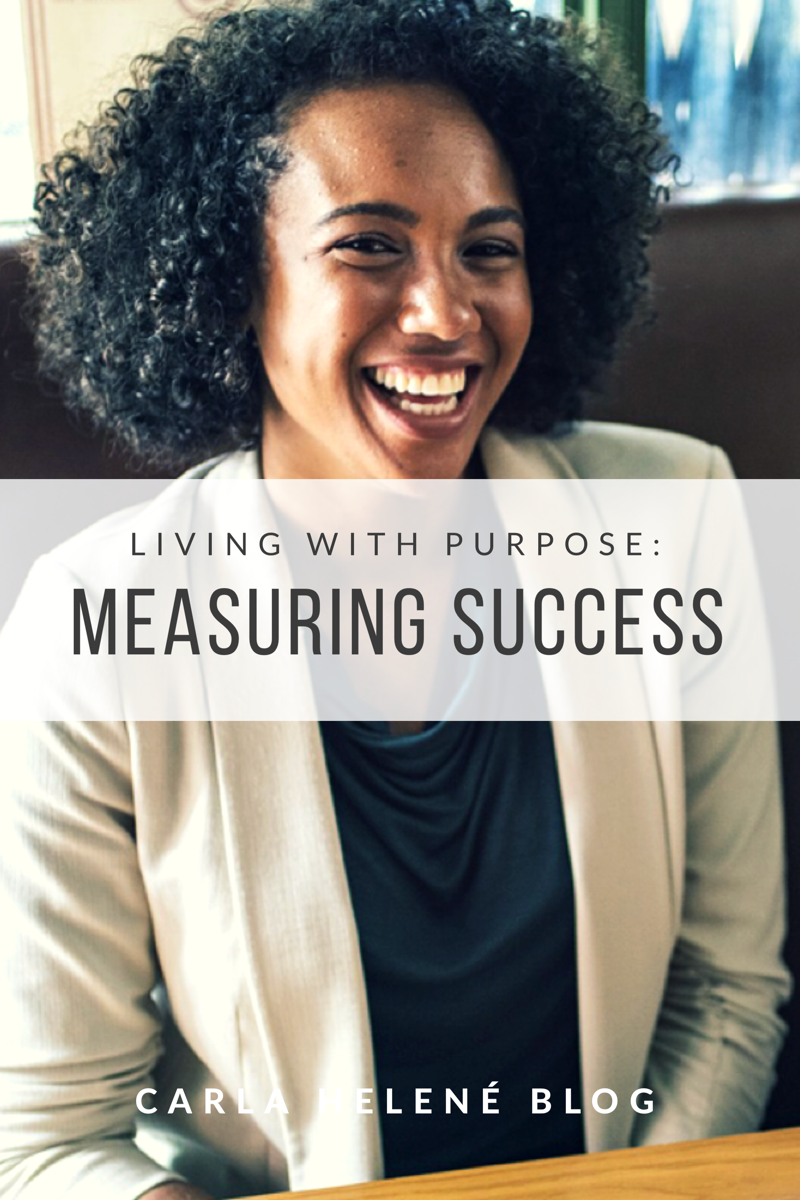
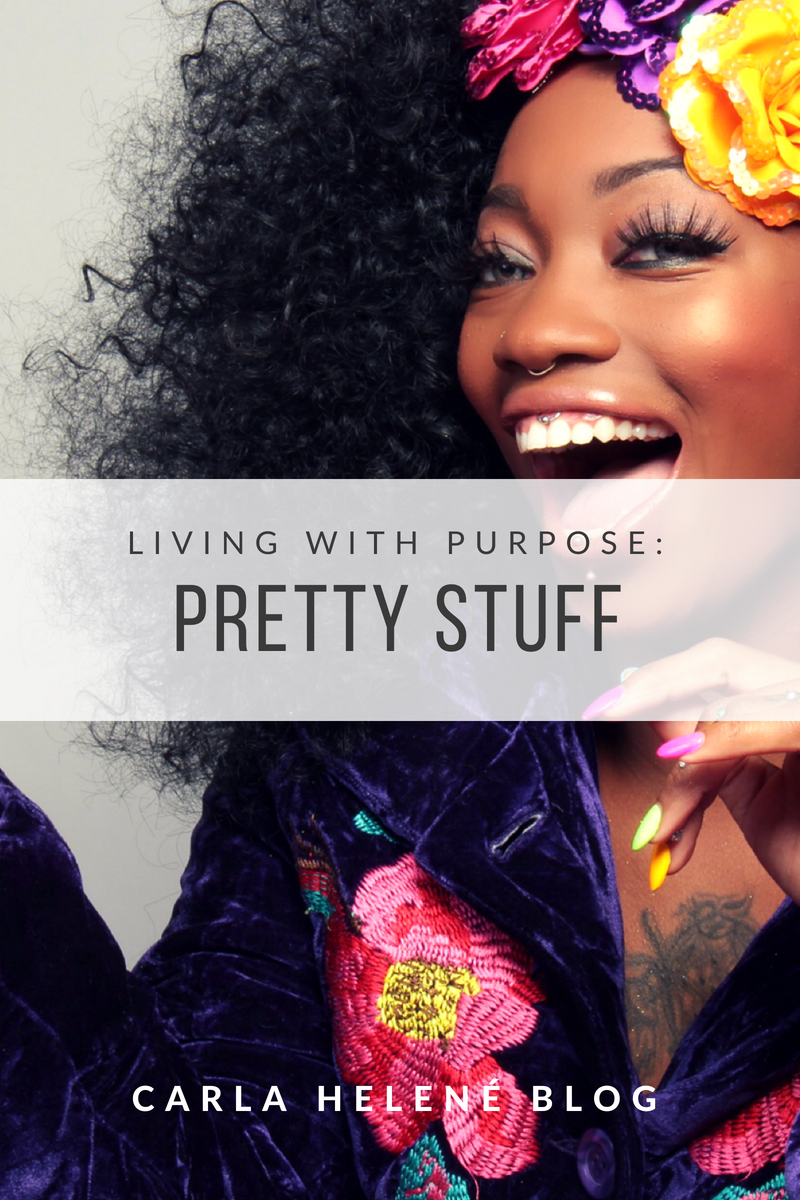
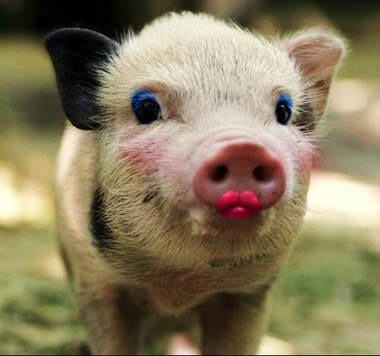
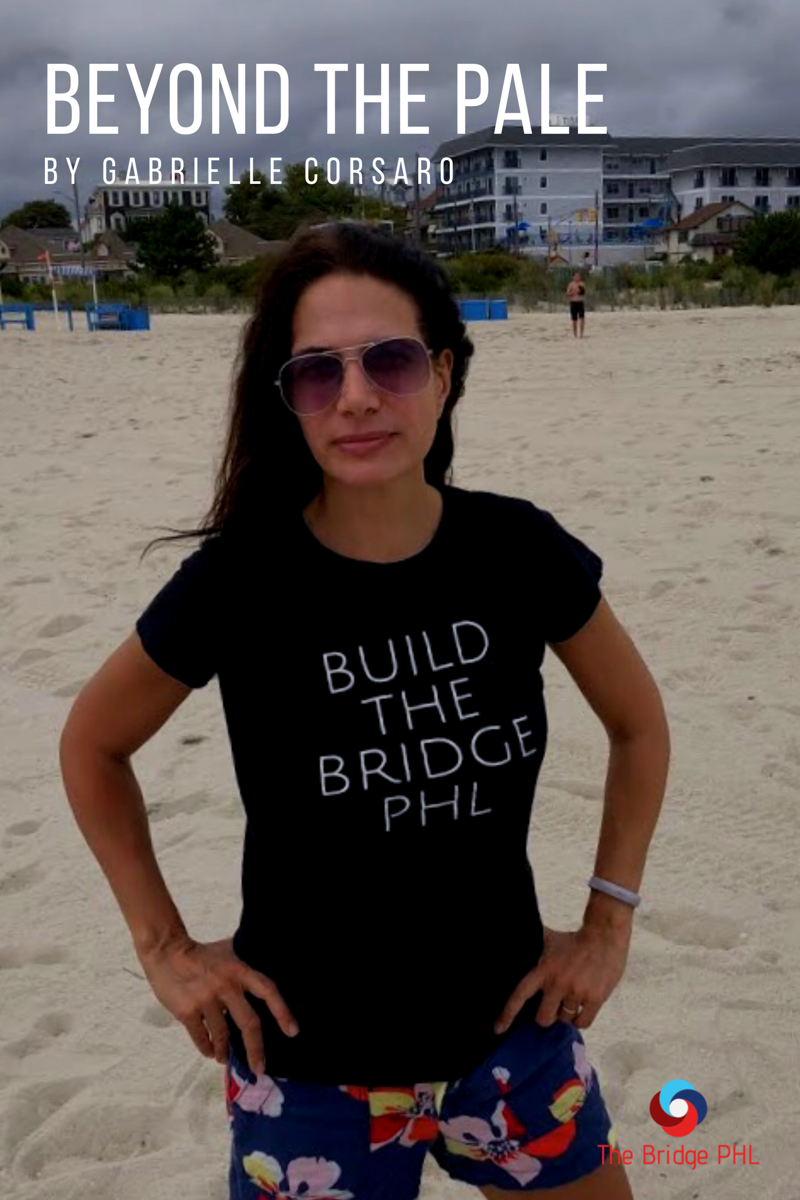
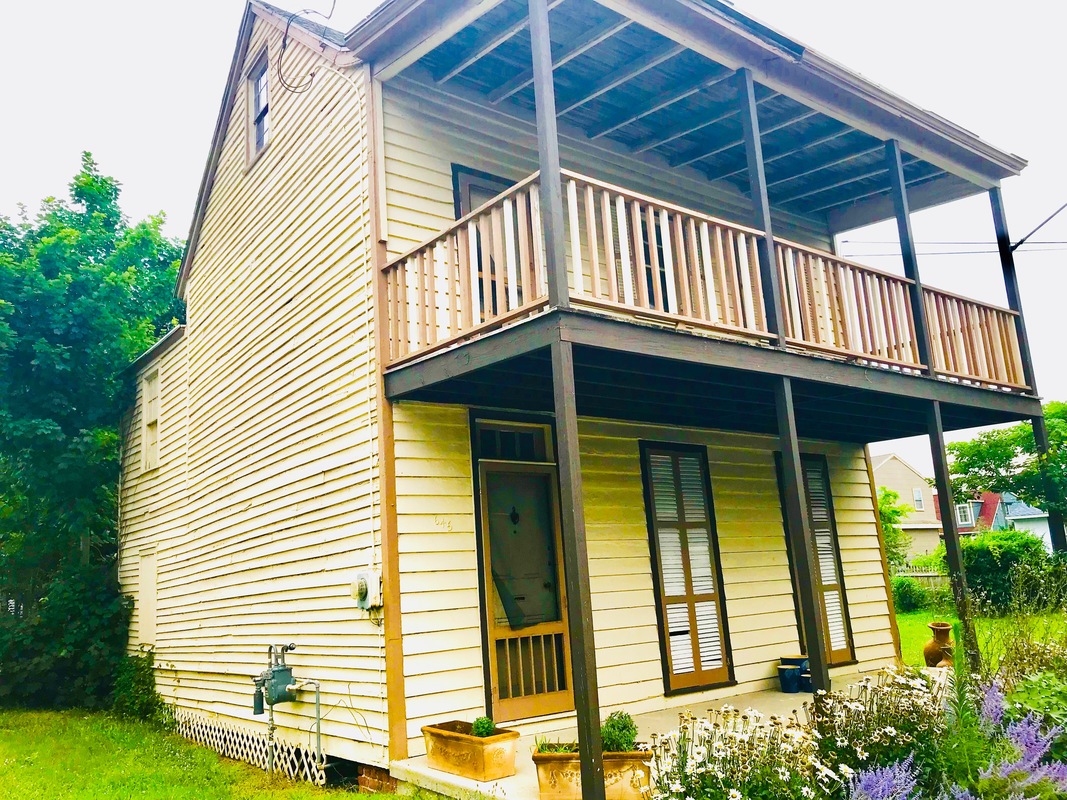
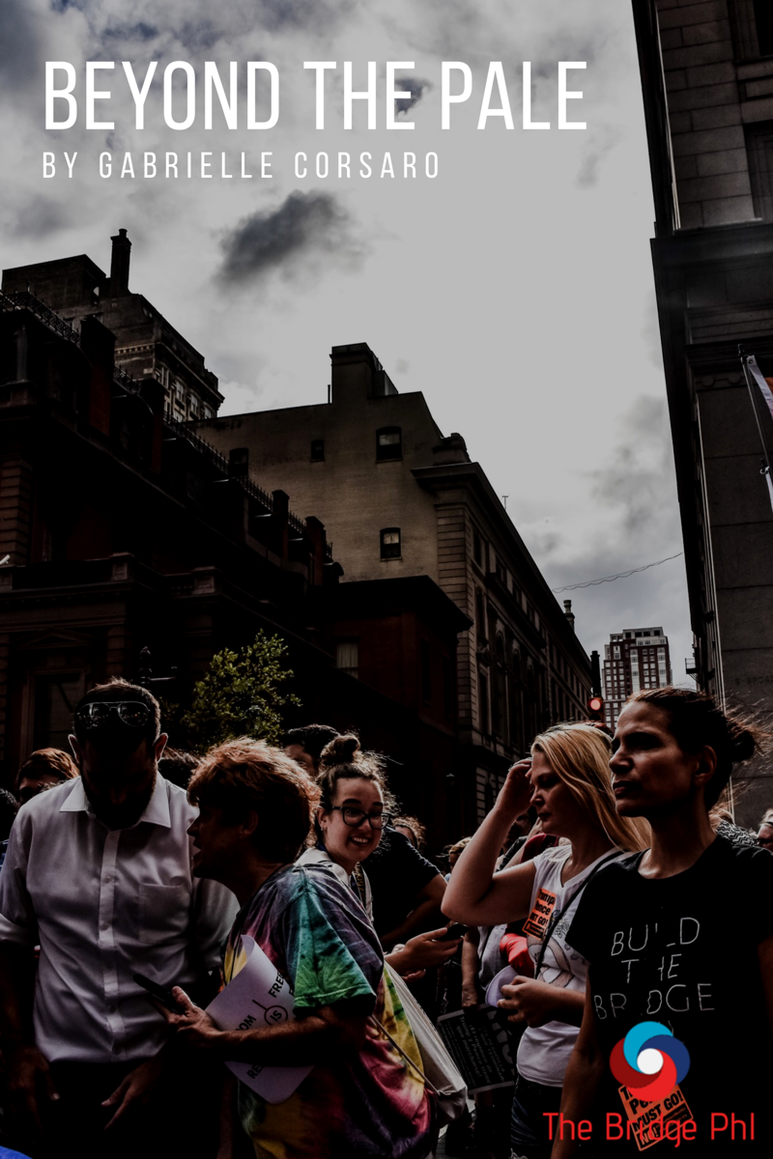
 RSS Feed
RSS Feed
